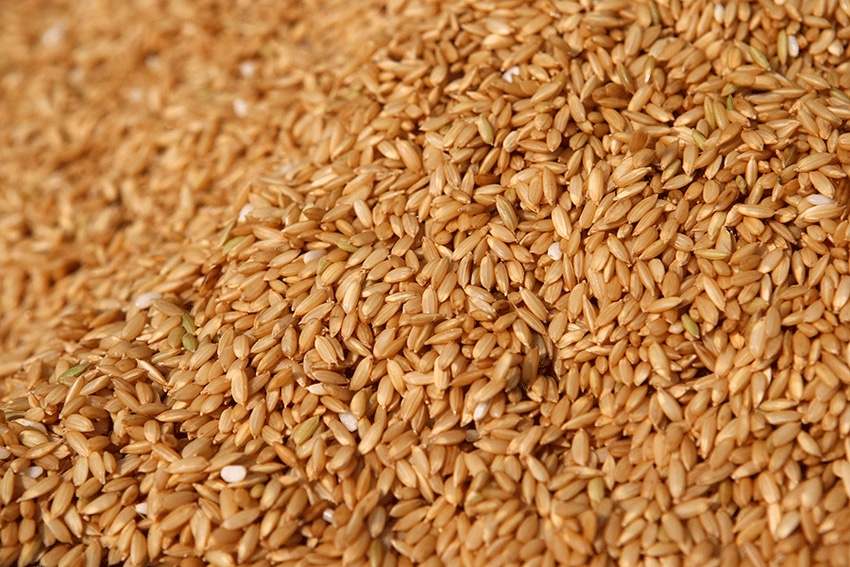
The business that seems to be booming these days is fake something-or-other: fake news, with which our president seems obsessed; fake truth, generated in great abundance in D.C.; fake catfish (yuck!); fake Rolexes/Coach handbags, and assorted other cost-an-arm-and-a-leg fashion stuff that you can buy online and on a street corner for a steal; fake “facts” about GMOs, genetic engineering, and other anti-agriculture scare propaganda, and on and on.
Now, for cryin’ out loud, we gotta worry about fake rice. Yeah, I know, you’d think rice is rice is rice, and anybody oughta be able to tell rice when they see it or eat it. Apparently not.
There are links galore on the web, including videos, purporting to show for a fact that “rice” from China has been laced with plastic kernels. Reputable news organizations have investigated and found the allegations baseless. No plastic rice kernels in consumer channels.
But…there is genuine concern in the U.S. rice industry about food products that appear to be rice, can be mistaken for rice, but never saw a rice field.
Arkansas Rice Federation Executive Director Lauren Waldrip Ward recently testified before the state’s Joint Senate and House Committee on Agriculture about the industry's concern over a current food trend in which vegetables —are being "riced" and marketed as a "more healthy" form of rice.
Non-rice products are stocked on grocery shelves alongside rice, which is often confusing to the consumer. Many of these products don’t include a single grain of rice.
Some companies are marketing these products by identifying them as "riced vegetables," she says, while others are marketing vegetables and other non-rice products as rice. The non-rice products are stocked on grocery shelves alongside rice, which is often confusing to the consumer.
Many of these products, Ward says, don’t include a single grain of rice. Among them, Cauli Rice, Miracle Rice, Better Than Rice, and Green Giant's Cauliflower Fried Rice. Some of the packaging, he notes, is designed and displayed to mislead, and advertisements directed to consumers with messages reading "Move over, rice" are likely causing confusion among consumers.
The Better Than Rice products are, according to info on the web, made from something called Konnayaku flour, derived from a corm of a tropical plant known as konjak. Online reviews range from ecstatic to “weird slimy, fishy taste,” to “awful taste and texture no matter how you cook it,” to “it is so disgusting, seriously.”
"Our industry has made significant investments developing and building the brand we have for rice. These companies have made it clear that they intend to capitalize on that very brand. Our farmers are proud of the quality associated with the rice they grow, and we must continue to preserve that image while also protecting consumers.”
Consumers “have a right to know, honestly and transparently, what they are purchasing and these fake rice products are designed to mislead them,” Ward says. “We don't want consumers who want to purchase rice to be tricked into buying something other than rice. Rice is a grain — not a shape. "
Members of the committee asked about actions being taken at the federal level by the Food and Drug Administration and expressed strong interest in supporting those efforts. "We'll do whatever is necessary to combat this issue," said Senator Blake Johnson, R-Corning.
About the Author(s)
You May Also Like




